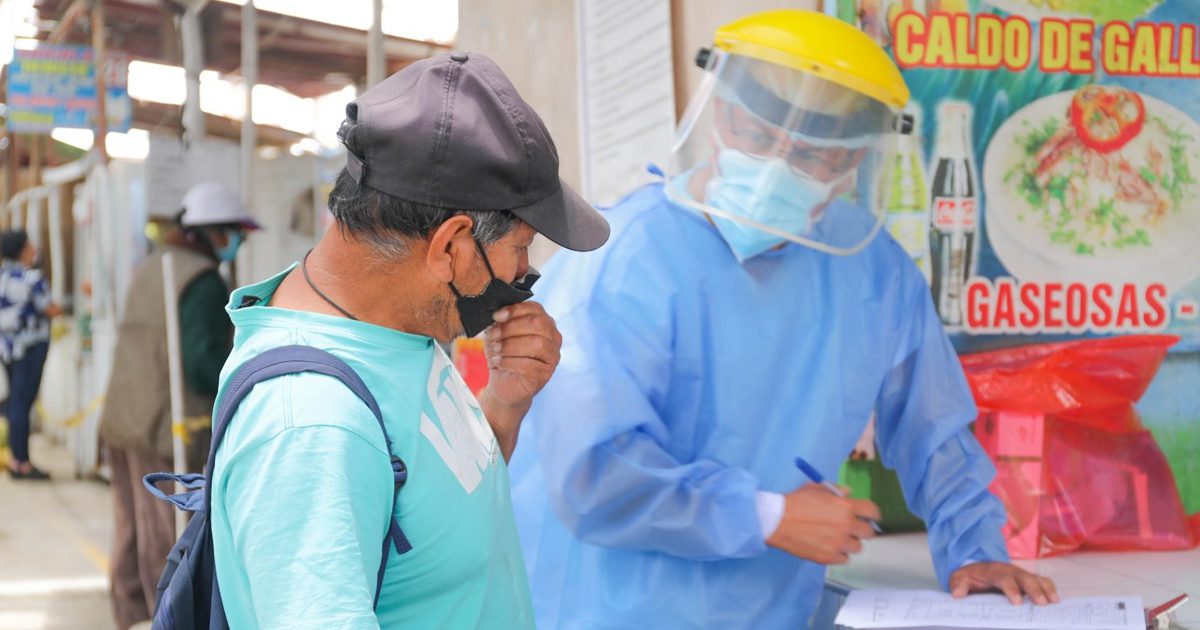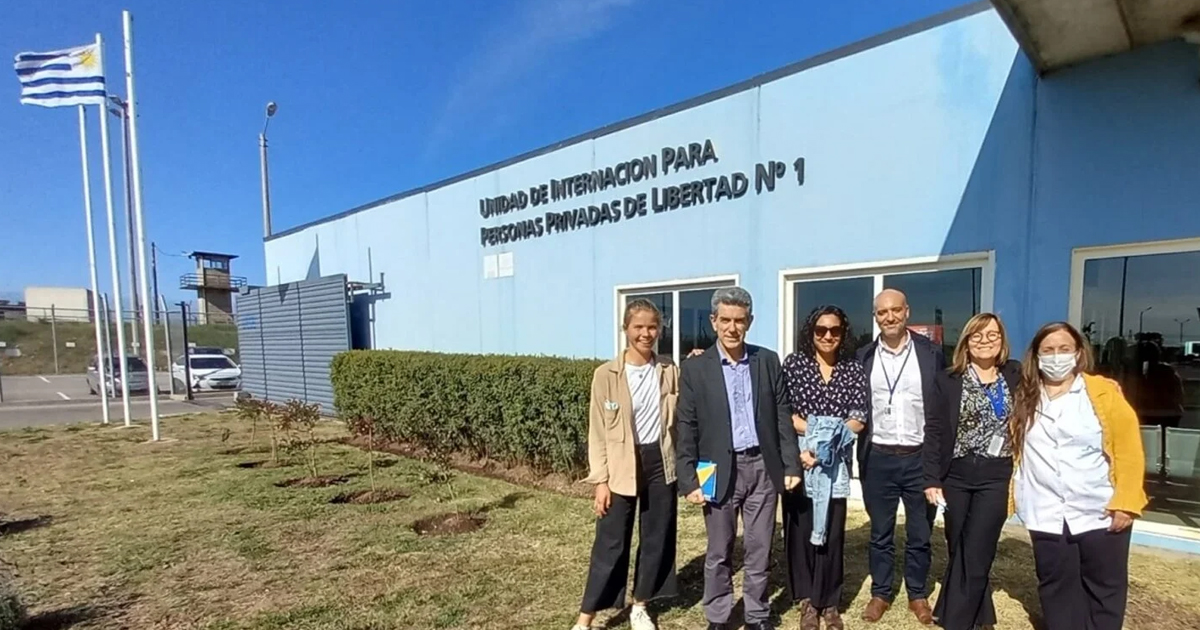Health care generates a large amount of greenhouse gas (GHG) emissions, when considering energy use for hospitals, heating, ventilation, construction, provider travel, medical staff and patients, among others.
Between the United States, Canada, Australia, and the United Kingdom, they emit ~7.5 × 10 14 grams (g) of carbon dioxide equivalent (CO 2 -eq) annually, in emissions related to healthcare services alone. In the world around 10% of all GHG emissions are due to health care processes, and everything that this entails, such as the development and transportation of pharmaceutical products or medical devices, use of technology, disposables, cleaning, and more .
For this reason, Digital Health solutions such as telemedicine, which allows patients and doctors to avoid transfers to health centers, or Artificial Intelligence for medical decisions, are options for reducing emissions in the sector. The exponential growth of telemedicine during the pandemic made its advantages in reducing GHG emissions more evident.

US researchers conducted an analysis that showed autonomous AI has the potential to reduce GHG emissions in healthcare by up to 80%. “Digital health technology, and specifically telemedicine or telehealth, has the potential to improve patient care, the health of the population, reduce the per capita cost of medical care, and improve the experience of providing care,” explains his article published in Nature.
Likewise, the researchers highlight autonomous AI as another of the alternatives with great potential to improve the quality of medical care, especially when they are AI systems that perform tasks imitating the cognitive abilities of the human being. “These anthropomorphic AI systems are not explicitly programmed and instead learn from data to perform highly cognitive tasks, such as those typically performed by trained healthcare professionals,” the authors explain.
In this way, AI systems would have the potential to equalize access to medical care for populations that do not have health coverage.
An example of autonomous AI that the authors expose is for the management and management of the health of a patient living with diabetes. The need for a full team of specialists, from primary care to eye care, requires separate clinic appointments. Autonomous AI, which has been recognized as a validated method, can be used to perform eye exams.
Even the United States Food and Drug Administration (FDA) approved the first autonomous AI in 2018, precisely for eye exams for diabetic patients.
“As the use of autonomous AI systems expands in the healthcare industry, measuring the real-world carbon emissions attributed to these systems compared to usual care will help elucidate the potential contributions of AI. autonomous in reducing emissions from health care,” the authors conclude. You can consult the full study at the following link: https://www.nature.com/articles/s41746-022-00605-w






